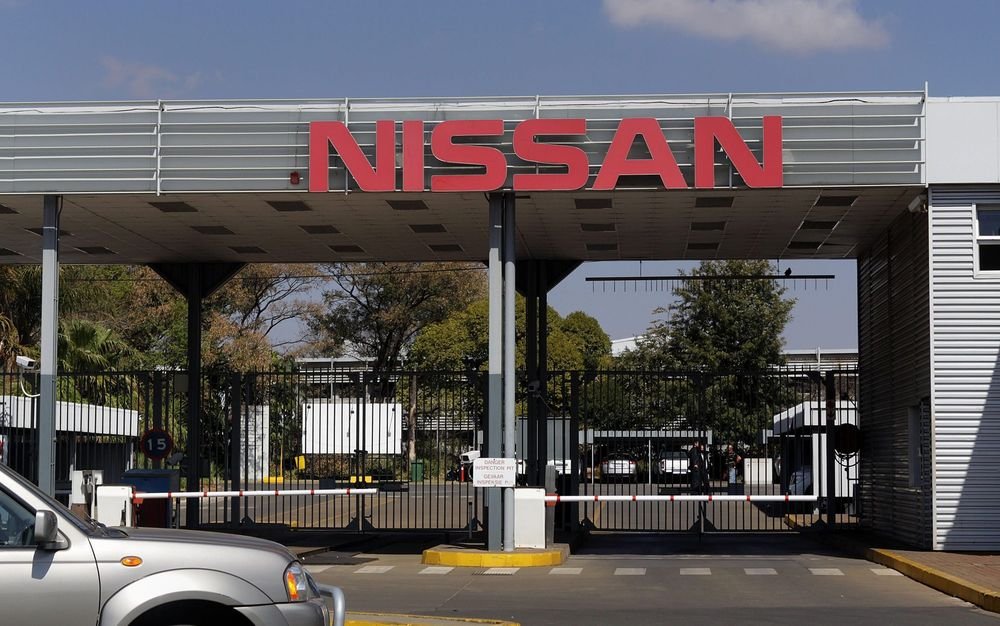Abuja, Nigeria – In a striking reversal of the old adage, “An apple a day keeps the doctor away,” rising fruit prices have forced many Nigerian households to cut back on what was once considered an essential part of a healthy diet. Despite fruits being nature’s nutrient-packed gifts—rich in vitamins, minerals, antioxidants, and dietary fiber—the economic strain has relegated them to a “food for the rich.”
A Shift in Consumption Habits
Anita Yakubu, a 33-year-old cosmetics sales representative from Wuse, Abuja, shared that her family’s fruit consumption has drastically dwindled. “On a good day, a bunch of pineapples and bananas would cost about N2,500. But now, a healthy bunch runs around N7,000,” Yakubu said. Once enjoyed three times a week, fruits are now reserved for Sundays only. Concerned about her children’s nutrition, Yakubu has turned to increasing their intake of vegetables and water while avoiding processed snacks—a compromise that, she admits, can never fully replace the nutrients found in fresh fruit.
Similarly, Ibukun Bolaji, another Abuja resident, noted that staples such as apples and grapes have been edged out by more affordable alternatives like oranges and watermelons. “Seven red apples would cost about N4,900, compared to a big watermelon at N3,500 or a dozen oranges at N1,400,” Bolaji explained. For her family of seven, the steep rise in fruit prices has made it impossible to maintain their previous dietary habits.
Market Realities and Price Surge
A recent investigation by THE WHISTLER at the Zuba Fruit Market in Abuja and the Orange Market in Mararaba, Nasarawa State, uncovered staggering price hikes. A dozen large pineapples now command N20,000—a 300 per cent increase from N5,000. Similarly, a set of four coconuts has surged by 400 per cent, costing N4,000 instead of N800 in 2020. Dates (dabino) and fresh tiger nuts (Aya) have also seen dramatic increases, with a mudu of dates priced at N4,000 and tiger nuts jumping from N300 to N2,000 per mudu—a staggering 534 per cent rise.
Traders point to rising transportation costs as a key culprit. Mallam Adamu Ali, a fruit trader at the Orange Market in Nyanya, explained, “One of the best oranges comes from Osun State, but high transportation costs mean most oranges now come from Benue or Nasarawa. A 100kg bag, which sold for N6,000 in 2019, now goes for N23,000.” Watermelon distributor Idris Sariki added that insecurity in northern Nigeria, a major production area, has further strained supply and logistics.
Even apples, once a common sight in markets, are becoming scarce. Adamu Yakubu, a fruit dealer, noted that while different sizes of apples now fetch between N350 and N700, demand has dropped sharply as consumers pivot to more economical choices.
Economic Reforms and the Road Ahead
Health experts warn that reducing fruit consumption could have long-term repercussions on public health. Fruits are vital for children’s development, supporting brain function, immunity, and strong bones. Replacing processed snacks with fresh produce is seen as a cornerstone of preventing obesity and promoting overall well-being.
Amid these challenges, voices from the business community are calling for urgent economic reforms. Emeka Obegolu of the President Abuja Chamber of Commerce and Industry (ACCI) cautioned that if food price inflation continues unchecked, small-scale businesses could suffer irreparable damage. Recent figures show that Nigeria’s headline inflation rate dropped to 24.48 per cent year-on-year in January 2025 from 34.80 per cent in December 2024, with the rebased food inflation index falling from 39.84 to 26.08 per cent. However, many experts argue that these figures merely represent a “game of numbers” compared to the stark reality facing everyday Nigerians.
As the country grapples with rising transportation costs, security issues, and broader economic pressures, the daily struggle for affordable, nutritious food remains a pressing concern. For many Nigerians, the once-common wisdom of keeping the doctor at bay with an apple a day now feels like a luxury reserved for those with deeper pockets.




